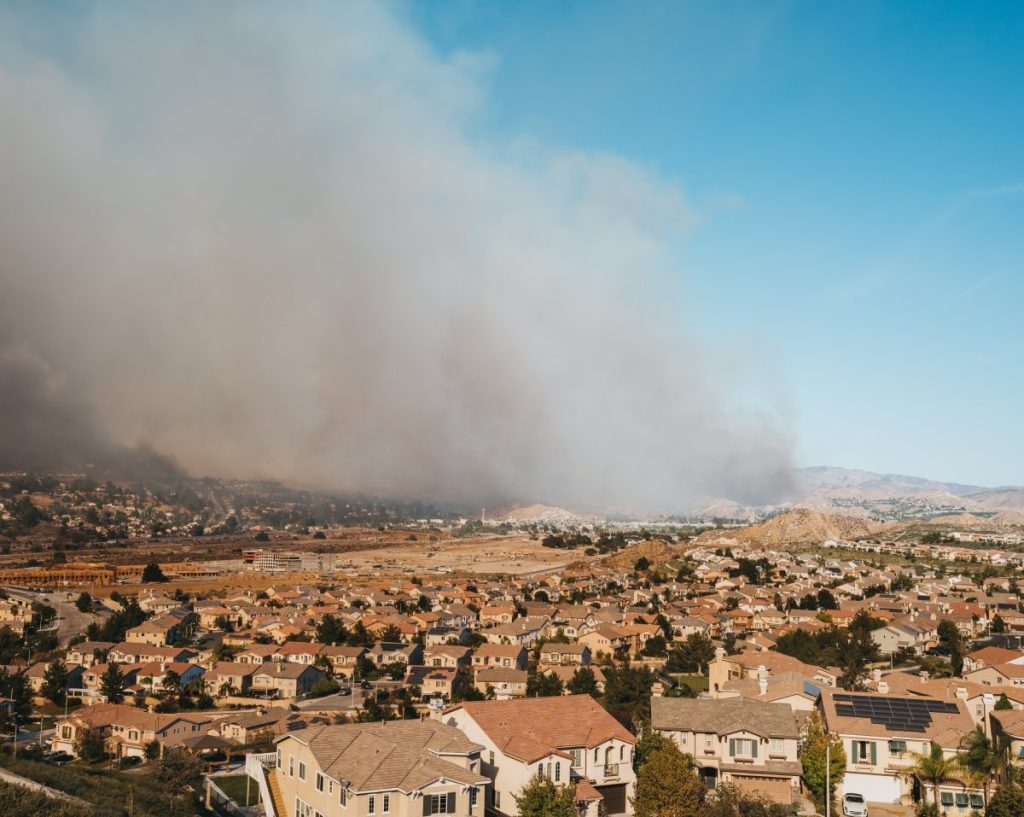When disaster strikes, be it fire, hurricane, hail, or water damage, property owners often find themselves overwhelmed and unsure of their next steps. In these critical moments, the role of contractors, public adjusters, and other professionals is more important than ever. People tend to turn to those they trust for support.
As someone working in the property restoration or claims industry, you’ve likely found yourself walking a fine line between being supportive and inadvertently crossing into legal territory.
While your desire to assist is admirable, there are real legal boundaries that must be respected. There are several ways to be an incredible advocate for your customers without putting yourself at legal risk. Here are three powerful ways to support your customers after major property damage without overstepping your role.
1. Educate Without Advising
After a loss, customers are hungry for answers. They want to know what exactly is covered, whether they should file a claim, and, in extreme circumstances, if they can sue their insurance company.
It can be tempting to help by offering your opinion, especially if you’ve seen how certain insurers handle claims or if you suspect bad faith behavior. But offering advice on coverage or legal options can quickly veer into unauthorized practice of law.
Here’s what you can do:
- Provide general information. Direct them to trusted resources about the claims process, such as state department of insurance websites or helpful insurance guides.
- Share your experience factually. You might say, “In past projects, we’ve seen claims like this take several weeks to resolve,” or “Some policyholders find it helpful to speak with an attorney when communication with the insurer breaks down.”
- Refer, don’t interpret. Instead of saying, “This should definitely be covered,” say, “You may want to speak to a licensed attorney or public adjuster to understand what your policy says about this type of damage.”
Educating customers empowers them to make informed decisions. Advising may put you, and their claim, at risk.
2. Document, Document, Document
One of the most valuable things you can do for a customer after property damage is to create a clear, objective record of the loss.
Insurance companies rely heavily on documentation when deciding what to pay. Poor or incomplete records often lead to low settlement offers or outright denials.
As a professional on the scene, your documentation can help bridge the gap between what actually happened and what the insurance company is willing to acknowledge.
How to stay within legal limits:
- Stick to the facts. Take high-resolution photos and videos of the damage. Include timestamps and detailed notes (e.g., “standing water in living room measured at four inches deep at 2:15 p.m.”).
- Don’t speculate. Avoid writing or saying anything that could be interpreted as a legal conclusion, such as “this is clearly covered under the policy” or “the insurer is acting in bad faith.”
- Share reports, not recommendations. If you’re a contractor or inspector, your job is to assess the condition and cause of the damage, not to determine what the insurer should do about it.
These objective facts are crucial for policyholders and their legal representatives if a dispute arises later. You can provide this value without venturing into legal territory.
3. Know When to Refer Out
Your customers may not even realize they need legal help until it’s too late. Denied claims, underpaid settlements, and stonewalling tactics from insurers are unfortunately all too common. When property owners are met with resistance, many don’t know where to turn or assume they can’t afford help.
You have an opportunity to steer them toward the resources they need without acting as their legal advisor yourself.
Here’s how to walk that line:
- Maintain a referral list. Build relationships with reputable insurance attorneys, public adjusters, and consumer advocates in your area. When the situation calls for it, you can say, “This might be a good time to talk to someone who specializes in insurance law. I know a few firms who help policyholders.”
- Encourage second opinions. If a customer feels uneasy about their insurer’s offer or handling of the claim, suggest that they seek an outside perspective. Even if you’re not sure what’s wrong, validating their concern can make a big difference in the outcome.
- Never pressure—or discourage—legal help. Your role isn’t to decide whether your customer needs an attorney. It’s to ensure they know that help exists if they want it.
At Merlin Law Group, we’ve heard from too many clients who say, “I wish I’d talked to someone sooner.” By simply connecting your customers to a legal team, you can help prevent months, or even years, of unnecessary financial and emotional stress.
Connect Your Customers With Merlin Law Group
Helping property owners recover from major losses is a noble and serious responsibility. However, offering too much guidance can unintentionally put you in legal jeopardy.
Focusing on education, documentation, and referrals allows you to play a critical role in your customers’ success without crossing into legal territory.
When legal support becomes necessary, Merlin Law Group is here to help policyholders fight for the recovery they deserve. With decades of experience handling insurance disputes, our experienced attorneys are prepared to take on even the most complex cases.
If you’re unsure where the line is or want to make sure your customers have the right resources, reach out to our firm today. We’re happy to provide guidance, share insights, or be part of your trusted referral network.




